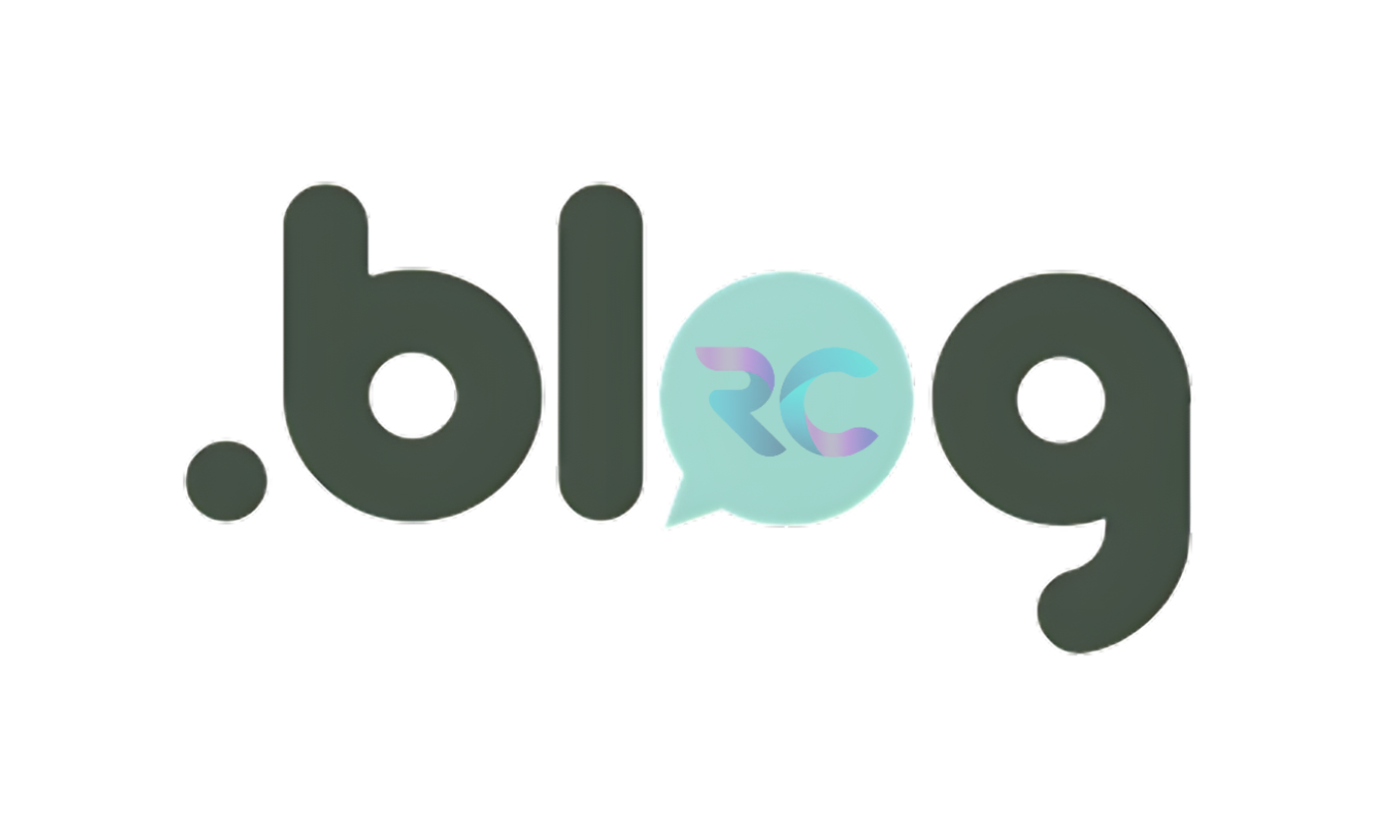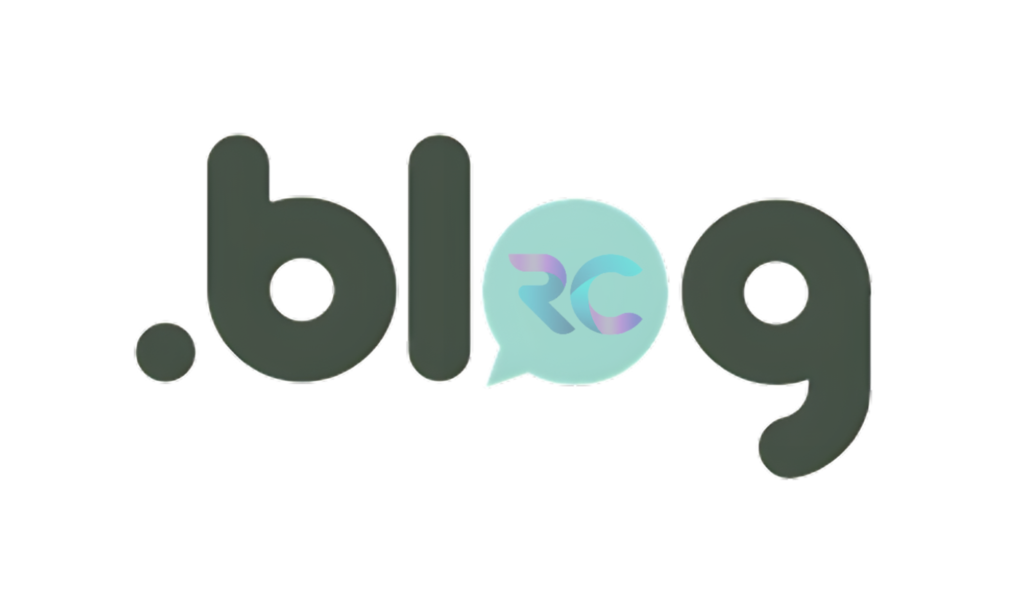
What is Blog?
In today’s digital age, the term “blog” has become a ubiquitous part of the online landscape. Almost everyone has heard of a blog, and many people engage with them on a regular basis. But what exactly is a blog, and what purpose does it serve in the vast realm of the internet? In this comprehensive article, we will explore the concept of a blog from its definition and historical origins to its various types and significance in today’s digital world.
Defining a Blog
The Basics
A blog, short for “weblog,” is a digital platform where individuals or organizations share their thoughts, opinions, information, and experiences. Blogs are typically displayed in reverse chronological order, with the most recent content appearing at the top. They often include a combination of text, images, videos, and hyperlinks to provide a multimedia experience.
Key Features
- Regular Updates: One of the defining characteristics of a blog is its regular, often frequent updates. These updates, known as “blog posts” or simply “posts,” are what keep the blog fresh and engaging.
- Commenting: Blogs often allow readers to comment on posts, fostering interaction and discussion between the author and the audience. This feature encourages engagement and community building.
- Archiving: Blog content is typically archived and organized by date, category, or tags, making it easy for visitors to access and explore older posts.
- RSS Feeds: Blogs commonly offer RSS (Really Simple Syndication) feeds, which allow readers to subscribe and receive automatic updates whenever new content is published.
Historical Evolution
Early Origins
The concept of blogging traces its roots back to the late 1990s when online diaries and personal webpages became popular. Individuals started to share their personal thoughts and experiences, creating an informal and unstructured form of digital self-expression.
Emergence of the Blogosphere
The term “weblog” was first coined in 1997 by Jorn Barger, and the shortened form “blog” gained prominence. As tools and platforms designed for blogging emerged, a community of bloggers and readers began to form, giving rise to what became known as the “blogosphere.”
Professionalization
In the early 2000s, blogging began to evolve into a more professional and diverse medium. Businesses, journalists, and experts from various fields recognized the potential of blogs as a means to share their expertise, opinions, and news.
Influence on Media
Blogs started to play a crucial role in influencing public opinion and challenging traditional media outlets. Citizen journalism and grassroots movements used blogs to provide alternative perspectives and breaking news. This transformation had a profound impact on the media landscape.
Types of Blogs
Personal Blogs
Personal blogs are often used as online diaries where individuals share their thoughts, experiences, and interests. These blogs can cover a wide range of topics, from travel and cooking to personal development and lifestyle.
Professional Blogs
Professional blogs are created by experts in their respective fields, such as finance, technology, health, or fashion. These blogs serve as platforms to share insights, provide advice, and establish authority in a particular niche.
Corporate Blogs
Many businesses maintain blogs as part of their content marketing strategy. Corporate blogs help companies connect with their audience, promote products or services, and provide valuable information related to their industry.
News Blogs
News blogs offer an alternative source of information and analysis on current events. Independent news bloggers often provide a different perspective from mainstream media outlets.
Niche Blogs
Niche blogs focus on specific topics or hobbies, catering to enthusiasts who share a common interest. Examples include blogs about vintage cars, pet care, or sustainable living.
Guest Blogs
Guest blogging involves contributing content to another blog as a guest writer. This practice helps build connections, reach new audiences, and establish credibility within a particular field.
The Significance of Blogging
Democratization of Information
Blogs have played a pivotal role in democratizing information. They allow individuals and organizations to share their ideas and opinions without the need for traditional gatekeepers like editors or publishers. This open access to information has empowered countless voices worldwide.
Community Building
Blogs foster communities and online conversations. Comment sections and social media integration enable readers to interact with authors and fellow readers, creating a sense of belonging and connection.
SEO and Content Marketing
Blogs are integral to search engine optimization (SEO) and content marketing strategies. Regularly updated, high-quality blog content can improve a website’s search engine ranking, attract organic traffic, and establish a brand’s authority.
Personal Branding
Many individuals have leveraged blogs to build personal brands. Whether as influencers, thought leaders, or experts in their fields, bloggers have used their platforms to gain recognition and career opportunities.
Economic Opportunities
Blogging has also opened up economic opportunities. Many bloggers generate income through advertising, sponsored posts, affiliate marketing, or by selling products or services directly through their blogs.
Conclusion
In summary, a blog is a versatile and dynamic digital medium that has transformed the way we create and consume information. It has evolved from its humble beginnings as online diaries into a powerful tool for self-expression, information sharing, and community building. Blogs have influenced public opinion, challenged traditional media, and opened up new career and business opportunities. As the digital landscape continues to evolve, blogs remain a fundamental and ever-present part of the online experience.








